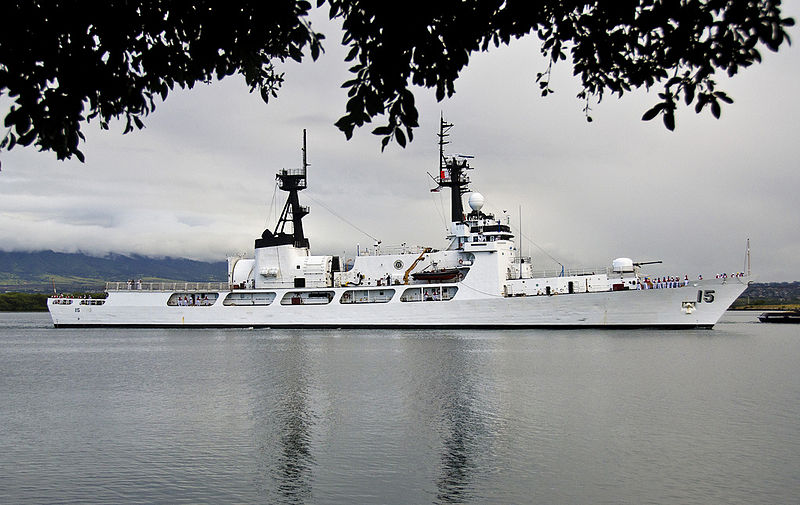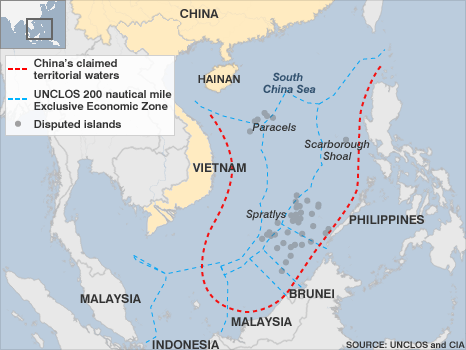Steve Chapman on the need of both the Democrats and the Republicans to come up with more realistic approaches to solving the illegal immigration problem:
Both sides also agree that a balanced, two-part approach is in order: stricter enforcement and improved border security on one hand and a pathway to legalization on the other. It’s an excellent plan — except for that first part.
To say we need more enforcement to seal the border is like saying we should re-invade Iraq. In the first place, we’ve already ramped up enforcement in every way imaginable. In the second place, it hasn’t solved the problem — and in fact has largely backfired.
[. . .]
G.K. Chesterton wrote that “Christianity has not been tried and found wanting; it has been found difficult and not tried.” Enforcement enthusiasts think the same is true of their preferred option. From them, you would think every migrant sneaking across the Arizona border only had to get by an unarmed attendant sitting in a folding chair and playing Angry Birds on an iPhone.
In fact, the southern border increasingly resembles the Berlin Wall. Border security has become the poster child of big government programs that conservatives typically abhor. It never succeeds, and every failure becomes the rationale for additional funding.





